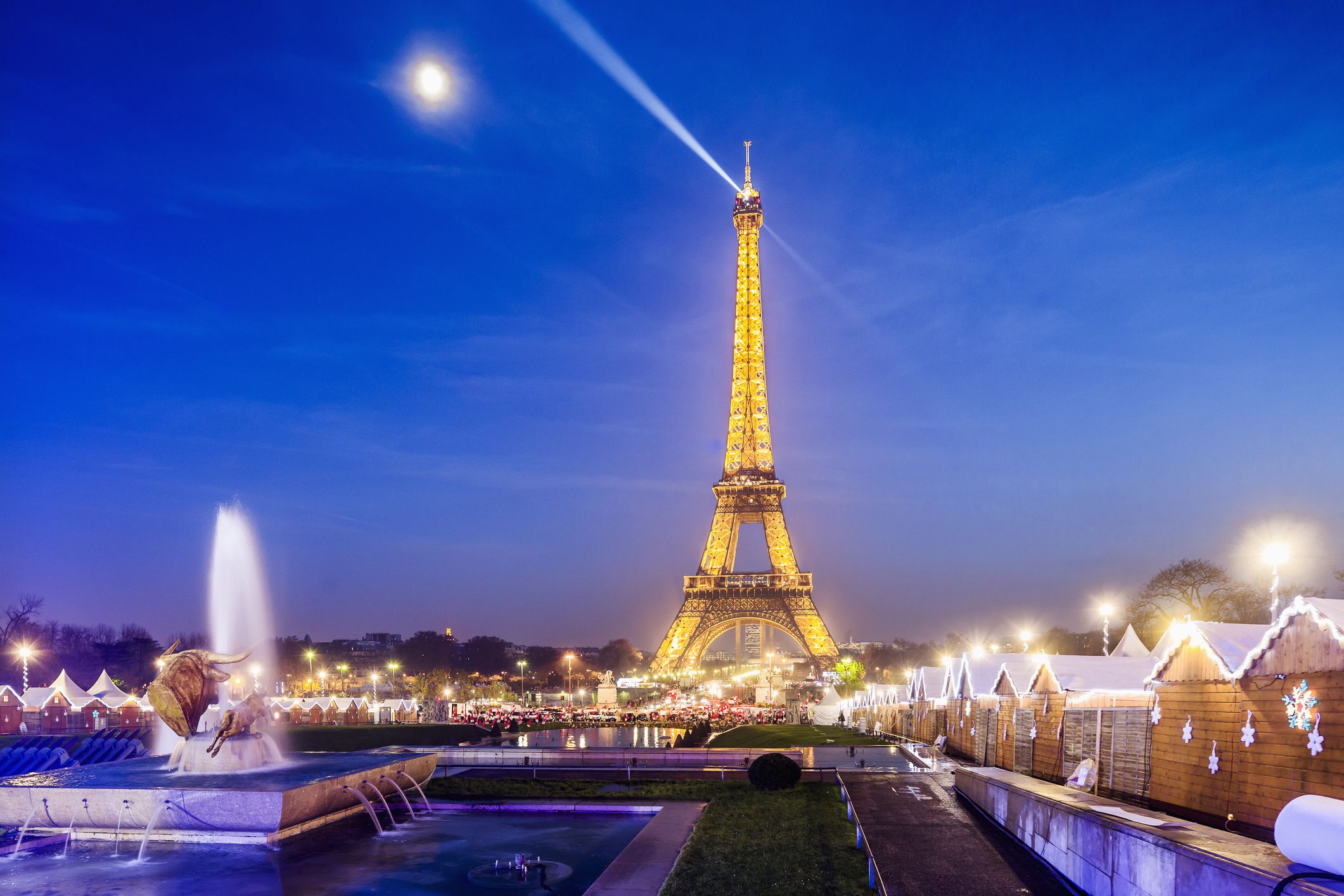www.touradvice.info
Travel
and Vacation Advice
Paris: the City of Lights
There is hardly any city in the world more celebrated and acknowledged than Paris, the capital of France. Founded more than 2,000 years ago, Paris was confined to an island in the middle of the Seine River. However, the city quickly spread to both banks of the river.
The most populated city of France, Paris has a popular nickname, “the City of Lights”. The name of the city is because Paris was one of the first cities to be electrified in the country.
The history of Paris starts from around the middle of the 3rd century BC. Parisii, a tribal settlement, was established in the area. It is from this that the city gets its name.
Throughout history, Paris played an important role in transforming France into what it is today. By the 12th century, the city had assumed enough importance to become the political, economic, religious, and cultural capital of France.
The French Revolution was the culmination of the modernisation of Paris. The city is a breath-taking sight to watch in the night when the monuments are lit up.
Paris is probably the number one destination for travellers across the globe. Numerous monuments in the city give the impression of the whole city being a museum.
The city’s architectural landmarks include the Louvre art museum, the Eiffel Tower, the Pantheon, the Catacombs of Paris and many palaces in the city.
Think of Paris and see what images cascade through your mind - chic cafes, broad boulevards, Seine riverboats, the Eiffel tower, Notre Dame Cathedral....Paris is the quintessential capital of romance and style, the home of chic.
Transport: getting there and getting around Charles de Gaulle airport is the main gateway to the country. France also boasts an impressive rail network. It will whisk you anywhere in the country and also to London, Amsterdam and Brussels. There are also ferries to the UK and Ireland.
Paris is a great walkers' city and there's always the metro if you get footsore or too hot. However, Paris is not cyclist-friendly. The river boats are most of a sightseeing vehicle than a means of transport.
Accommodation: from cheap stays to luxury resorts Check on the internet for the range, location and cost of Paris hotels
Climate The climate is temperate and Paris's location in a basin gives it France's lowest average rainfall. The North Atlantic drift affects the climate of Paris. As a result, Paris has a marine west coast climate. The city enjoys temperate climate throughout the year and does not have extremely high or low temperatures. Sometimes the coldest months may receive snowfall usually lasting only a day. There has been one unique instance of snowfall in April that may have been caused due to changes in the global weather patterns.
However, October is a perfect time to visit Paris. The locals are relaxed after the onslaught of summer tourists, the crisp daily temperature in the mid-sixties is ideal for exploring outdoor markets and cobble-stoned streets, and the range of colours on display in Paris' many parks and gardens is breath-taking. |
Note: The data provided on this website is for informational purpose only. You are not expected to act upon the advice, if any, given in this website. It is strongly advised that before proceeding for travel to an outside country, please contact your country's external affairs ministry for any travel advisory issued. Further, the travel itinerary has to be planned in consultation with an expert travel planner. We are not responsible for any act done based on the data in this website, since this is only for academic interest and not to be treated as a practical guide. Disclosure: We are compensated for our reviews. Click Here for details
|
copyright www.touradvice.info all rights reserved
